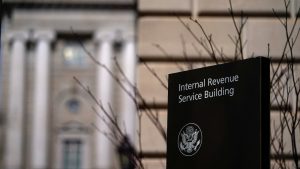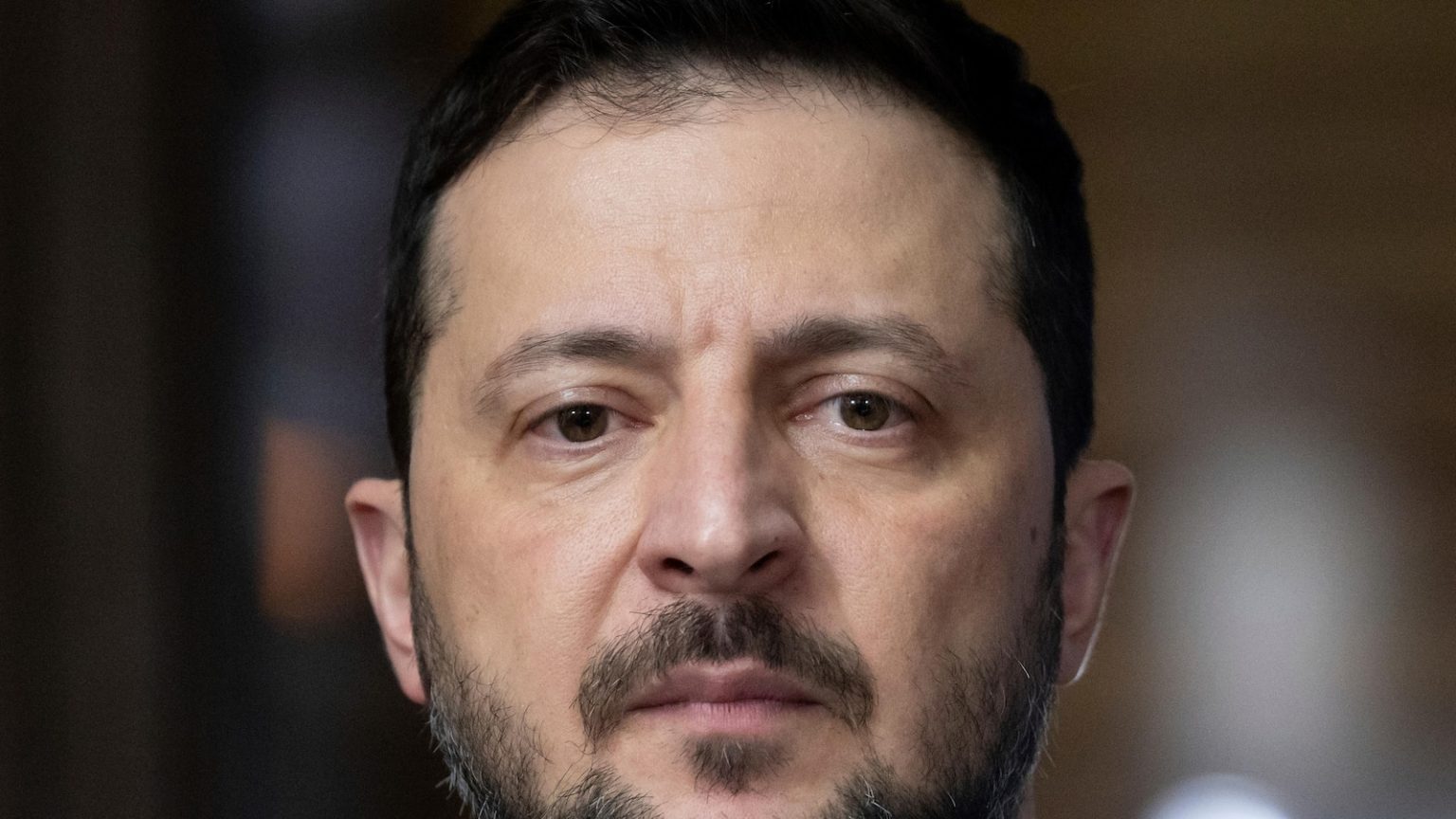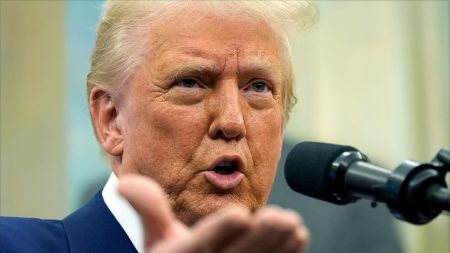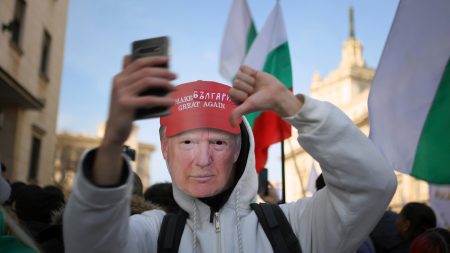Zelenskyy Rejects U.S. Proposal Over Security Concerns
Ukrainian President Volodymyr Zelenskyy has refused to allow his ministers to sign a proposed agreement with the United States that would grant the U.S. access to Ukraine’s rare earth minerals. The decision came after Zelenskyy expressed concerns that the document prioritized American interests over Ukraine’s security needs. The proposal, which was discussed during Zelenskyy’s meeting with U.S. Vice President JD Vance at the Munich Security Conference, did not include specific security guarantees for Ukraine in exchange for access to its critical minerals. A senior White House official criticized Zelenskyy’s decision as “short-sighted,” arguing that the agreement represented an excellent opportunity for Ukraine.
Zelenskyy emphasized that any exploitation of Ukraine’s resources must be tied to clear security assurances that would deter future Russian aggression. He stated, “For me, it’s very important the connection between some kind of security guarantees and some kind of investment.” The Ukrainian president also made it clear that the proposed agreement, which was presented by U.S. Treasury Secretary Scott Bassent during a visit to Kyiv, was not acceptable in its current form. A former senior Ukrainian official described the proposal as a “colonial agreement,” suggesting it favored U.S. interests at the expense of Ukraine’s sovereignty.
U.S. Perspective: A Missed Opportunity for Mutual Benefit
The U.S. government has expressed frustration over Zelenskyy’s rejection of the proposal, framing it as a missed opportunity for both countries. According to White House National Security Council spokesman Brian Hughes, the agreement would have allowed American taxpayers to “recoup” some of the financial aid provided to Ukraine while simultaneously boosting Ukraine’s economy. Hughes argued that strengthening economic ties with the U.S. would serve as the best guarantee against future Russian aggression, stating, “The U.S. recognizes this, the Russians recognize this, and the Ukrainians must recognize this.”
However, Ukrainian officials noted that the U.S. proposal did not adequately address the security risks associated with extracting rare earth minerals in a war-torn region. With many mineral deposits located near the front lines of the ongoing conflict with Russia, the question of how to secure extraction operations remains unresolved. A senior Ukrainian official revealed that U.S. negotiators did not provide “ready answers” to these concerns during discussions in Munich, highlighting a critical gap in the proposal. Despite these challenges, both sides appear open to further negotiations, with Ukraine preparing a counter-proposal to be submitted to the U.S. in the near future.
Rare Earth Minerals and Their Strategic Importance
The dispute over the proposed agreement underscores the significant strategic value of Ukraine’s rare earth minerals. These minerals are essential for the production of advanced technologies used in the aerospace, defense, and nuclear industries. Ukraine boasts vast reserves of these critical resources, which have become a focal point of U.S. efforts to reduce its dependence on China, the world’s leading supplier of rare earth minerals. The Trump administration has been particularly keen on exploring Ukraine’s mineral reserves, viewing them as a potential game-changer in the global supply chain.
Ukrainian officials, however, are adamant that any exploitation of these resources must align with the country’s legal framework and gain the approval of its people. Kseniiia Orynchak, founder of the National Association of Mining Industry of Ukraine, has previously emphasized that Ukraine’s subsoil resources belong to its citizens under the constitution. This means that any agreement involving foreign access to these minerals would require widespread public support, adding another layer of complexity to the negotiations.
Zelenskyy’s Vision for Peace and Security
President Zelenskyy has made it clear that his primary focus remains on achieving a “strong position” for Ukraine in any future peace negotiations with Russia. During his meeting with Vice President Vance, Zelenskyy stressed the importance of U.S., Ukrainian, and European representatives being present at the negotiating table. He also suggested that U.S. negotiators should conduct talks in Ukraine to better understand the country’s needs and challenges.
However, not all U.S. officials share Zelenskyy’s inclusive approach. Gen. Keith Kellogg, Trump’s special envoy for Ukraine and Russia, has advocated for excluding Europeans from any Ukraine-Russia talks. This stance directly contradicts Zelenskyy’s request for a multilateral approach, potentially creating tension between the two allies. Despite these disagreements, both sides appear committed to continuing discussions, with Ukraine preparing its counter-proposal and the U.S. seeking to address the security concerns that led to Zelenskyy’s initial rejection.
The Road Ahead: Negotiations and Implications
The situation highlights the delicate balance of geopolitical interests, economic needs, and security concerns that shape U.S.-Ukraine relations. Zelenskyy’s insistence on linking resource exploitation to security guarantees reflects Ukraine’s determination to protect its sovereignty and long-term interests. At the same time, the U.S. is eager to diversify its supply chains and reduce dependence on adversarial nations like China, making Ukraine’s rare earth minerals a highly attractive opportunity.
While the immediate future of the proposed agreement remains uncertain, one thing is clear: any deal must meet the dual criteria of advancing Ukraine’s economic development and enhancing its security. As Zelenskyy put it, “If we want to sign something, we have to understand that it will work—it will bring money and security.” The ability of both nations to find common ground on these issues will be crucial in determining the success of their partnership in the years to come.
In conclusion, the negotiations over Ukraine’s rare earth minerals represent more than just a business deal; they are a test of how effectively the U.S. and Ukraine can align their interests, address mutual concerns, and build a foundation for lasting peace and prosperity in a region fraught with tension.















